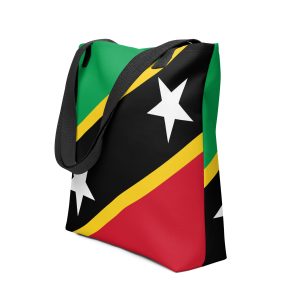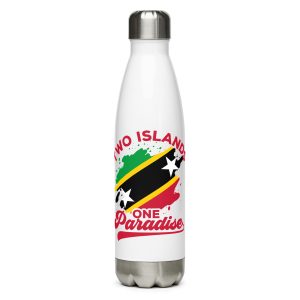The 1807 Abolition of the Slave Trade and Its Effects on St. Kitts and Nevis
The British Parliament’s abolition of the transatlantic slave trade in 1807 had a lasting impact on the Caribbean, including St. Kitts and Nevis. However, slavery itself continued on the islands until 1834. The decision brought significant economic and social changes, as the region began to adjust to the absence of new slaves being imported from Africa.
Economic Challenges
In the 18th century, sugar plantations powered the economy of St. Kitts, relying heavily on a constant flow of enslaved African laborers. After the 1807 ban, plantation owners struggled with the sudden disruption to this system. They could no longer depend on new arrivals to replace those who died or were incapacitated. Many planters were forced to focus on keeping their existing workforce alive and productive, which led to increased domestic slave breeding efforts, though these did not fully compensate for the labor shortage.
This shortage of labor caused the price of enslaved workers to rise. In response, some planters tried to extract more productivity from their workers through stricter discipline, while others tried to improve conditions slightly. However, the long-term sustainability of sugar production was increasingly threatened without access to new labor from Africa.
Resistance from Planters
The abolition of the slave trade faced strong opposition from local plantation owners, who feared it would undermine their wealth and power. They pressured colonial authorities to resist enforcing the ban and lobbied for compensation from the British government. These planters believed that without the trade, their sugar plantations would struggle to remain profitable. Politically, planters dominated the local legislative assemblies and delayed reforms aimed at improving conditions for the enslaved population.
Impact on the Enslaved Population
For those already enslaved, the 1807 abolition did not immediately improve their lives. They continued to endure harsh working conditions and severe control. However, with no new arrivals from Africa, the enslaved population began to stabilize. Family structures became more prominent, and a distinct Creole culture began to emerge. The end of the transatlantic trade also gave the enslaved a sense of permanence, as they no longer faced the disruption of incoming enslaved Africans.
Cultural Shifts and Early Activism
As African arrivals ceased, the cultural landscape of St. Kitts and Nevis began to change. African traditions blended with local Creole identities, fostering a unique culture that would influence the island’s future. Early forms of resistance and activism started to take root as abolitionist ideas gained traction, both in Britain and among free people of color in the Caribbean. Though change was slow, the seeds for the eventual abolition of slavery were being sown.
Conclusion
The 1807 abolition of the transatlantic slave trade marked a key moment in the history of St. Kitts and Nevis. While slavery itself continued for another 27 years, the end of the trade brought economic challenges, social changes, and early cultural shifts. It set the stage for the full emancipation of the enslaved population in 1834, despite ongoing resistance from the planter class.
Historical Overview of St. Kitts and Nevis
Colonial History
Significant Historical Events
Pre-Columbian Era
European Exploration and Colonization
- 1493 – Christopher Columbus’s Second Voyage
- 1623 – Establishment of the First European Settlement
- 1626 – Kalinago Massacre
Colonial Era
- 1650s – Expansion of Sugar Plantations
- 1666 – French Occupation of St. Kitts
- 1706 – Nevis Raid
- 1783 – Treaty of Paris
20th Century Developments
- 1932 – Founding of the St. Kitts Workers’ League
- 1952 – Universal Adult Suffrage
- 1967 – Associated Statehood
- 1978 – Death of Sir Robert Llewellyn Bradshaw
Independence and Modern Developments
- 1983 – Independence
- 1998 – Nevis Secession Referendum
- 2005 – Hurricane Impact
- 2015 – Team Unity Government
Disclaimer
The information provided on stkittsnevisflag.com is for general informational purposes only. While we strive to provide accurate and up-to-date information, we make no warranties or representations of any kind, express or implied, about the completeness, accuracy, reliability, suitability, or availability of the information contained on this website. Any reliance you place on such information is therefore strictly at your own risk.
stkittsnevisflag.com will not be liable for any loss or damage, including without limitation, indirect or consequential loss or damage, or any loss or damage whatsoever arising from loss of data or profits arising out of, or in connection with, the use of this website.
We encourage all users to verify any information found on this site before relying on it. If you find any incorrect or outdated information, please contact us at info@stkittsflag.com so we can make the necessary corrections.




